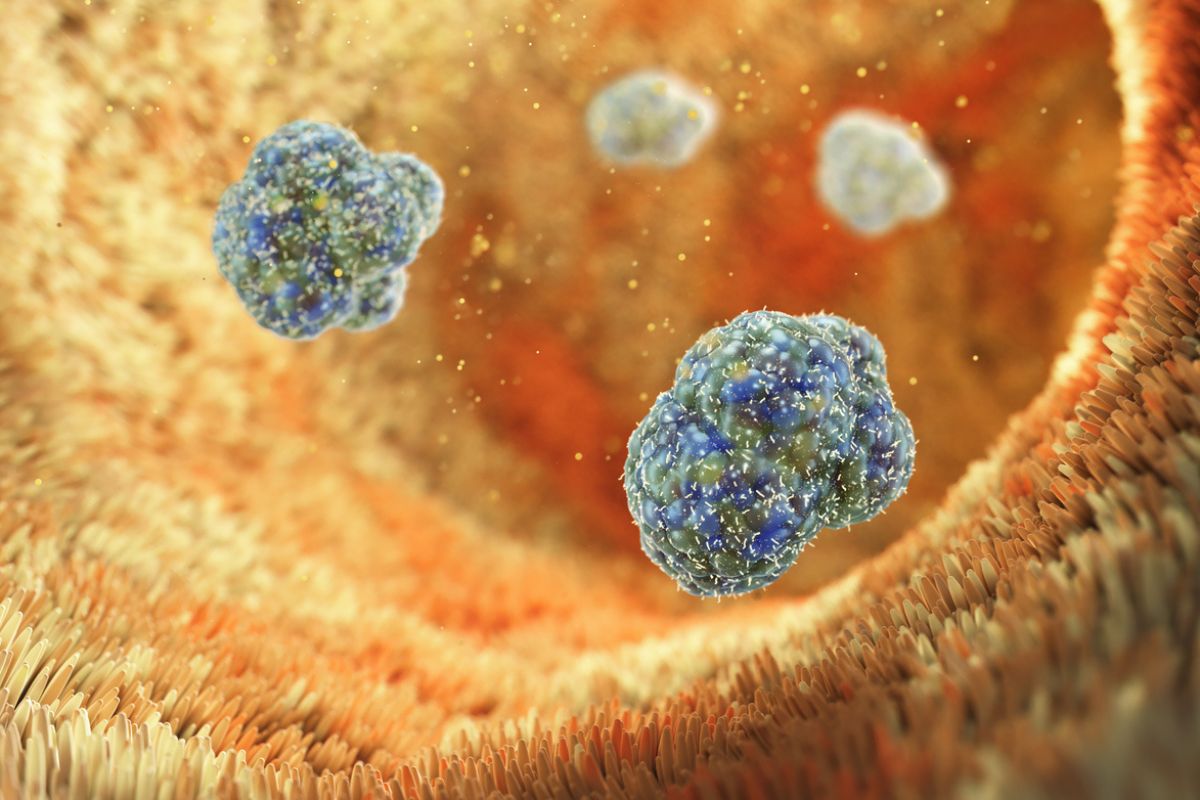Schizophrenia continues to rank among the top 20 causes of disability globally. It also leaves sometimes-crippling economic challenges and unnecessarily high mortality rates in its wake. The data also shows that acute psychosis of schizophrenia boasts a lifetime morbidity risk of 7.2 per 1,000 people. And it still ranks as one of the most common psychiatric emergencies, even today.
Antipsychotics play a central role in the treatment of acute psychosis. Even so, they remain stubbornly ineffective for some patients. Most even come burdened by side effects that threaten continued adherence for far too many patients. The community desperately needs new medications built on different mechanisms of action, greater efficacy, and better tolerability than existing agents.
Managing Acute Psychosis in Schizophrenia
The American Psychiatric Association (APA) recommends people with schizophrenia exhibiting acute psychosis be treated pharmacologically with the lowest effective dose of an antipsychotic medication, followed by psychological intervention. A specialized early intervention team is most effective in treating those going through their first episode of psychosis, enhancing their functioning, and preventing relapse. However, while these teams can offer tailored support, it can be tough for most patients to access them. Worse still, access isn’t a guarantee of timely intervention. Strong evidence supports the use of cognitive behavior therapy for symptom relief and family intervention to stave off a relapse.
One patient, Janey, shared her perspective, “Having psychosis is horrible… I hear distressing voices all the time and occasionally get weird delusions…Finding the right medication can be difficult—I have the misfortune of getting terrible side effects from many of them.”
She’s not alone. Anywhere between 20 percent and 30 percent of patients struggle with symptoms that are refractory or resist treatment. Then there are the adverse effects that come shackled to most pharmaceutical help, such as weight gain, somnolence, extrapyramidal symptoms, and tardive dyskinesia.
Future Prospects with Novel Mechanisms
New studies looking at alternate pathways to the dopamine hypothesis have discovered fresh ways to treat acute psychosis of schizophrenia. Research has shown that dopamine is not the only neurotransmitter linked to psychosis. Naturally, this has cleared the way for the exploration of alternatives such as serotonin, glutamate, muscarinic receptors, and trace amine-associated receptors. Some prospective agents under investigation right now include ulotaront, emraclidine, and KarXT.
- Ulotaront activates the trace-amine-associated receptor 1 (TAAR1), reverses glutamate hypofunction, and stimulates serotonin. By activating TAAR1, ulotaront improves presynaptic dopamine dysfunction without D2 receptor binding. It has shown to be effective, safe, and well-tolerated throughout numerous phase 2 and 3 trials. A four-week phase 2 multinational study compared ulotaront to placebo in patients experiencing acute psychosis. The results showed a significant improvement in total Positive and Negative Syndrome Scale (PANSS) score in the treatment group, with separation from placebo observed as early as week 3. [Koblan 2020] Right now, there are multiple phase 3 trials underway to further assess how effective ulotaront is for patients dealing with acute psychosis.
- Emraclidine is a positive allosteric modulator (PAM) for muscarinic receptors that selectively targets the M4 receptor in the brain. This unique approach allows it to lower dopaminergic activity without directly blocking dopamine receptors. A phase 1b, randomized, placebo-controlled trial assessed the safety, tolerability, and efficacy of emraclidine in patients with schizophrenia and patients experiencing acute psychosis. Emraclidine showed favorable safety and tolerability profiles and a reduction in PANSS total score.
- KarXT combines xanomeline, an M1/M4 muscarinic receptor agonist, with the muscarinic receptor antagonist trospium, to reduce adverse effects in the periphery.
The FDA approved KarXT for schizophrenia early this fall based on the results of the EMERGENT-1 and EMERGENT-2 trials.
EMERGENT-3 Trial Results
Researchers designed the EMERGENT-3 trial as a phase 3, multicenter, randomized, five-week trial of KarXT in schizophrenia patients experiencing acute psychosis. A total of 256 participants took part across 30 inpatient locations in the United States and Ukraine.
By the fifth week, KarXT showed notable improvement, leading to an 8.4-point greater drop in the PANSS total score compared to the placebo. Improvements were statistically significant starting from week 2 and continued to get better until the trial concluded.
The safety and efficacy data from EMERGENT-3 was consistent with results from phase 2 and phase 1 trials. KarXT was not associated with weight gain, somnolence, extrapyramidal symptoms, tardive dyskinesia, or akathisia.
The investigational drugs in the pipeline for treating schizophrenia explore new pathways to improve effectiveness in addressing acute psychosis. They also aim to enhance tolerability, increase long-term adherence, and reduce future relapses into psychosis. Agents unencumbered by treatment-threatening side effects could transform the quality of life and outcomes of longtime patients.
Further Reading
FDA Approves First New Schizophrenia Drug in Years
Economic Impact of Cognitive Impairment and Negative Symptoms in Schizophrenia
Treatment-Resistant Schizophrenia: Evaluation and Management



